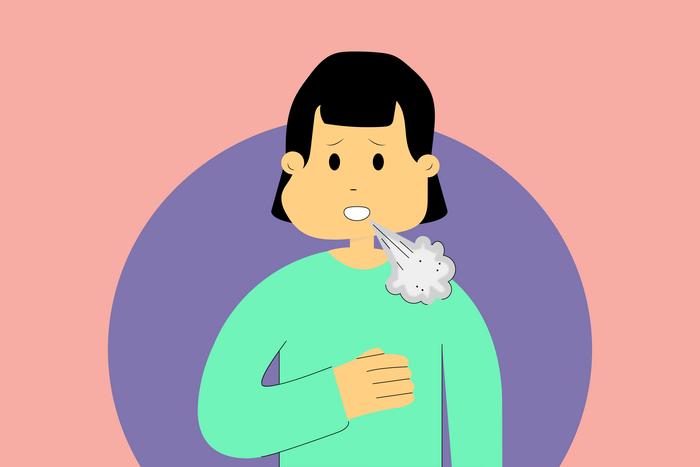Belching is a common bodily function, but when it escalates to a level that interferes with daily life, it is defined as belching disorders. International surveys have reported that approximately 1% of adults have belching disorders, but the percentage in Japan and the factors involved often elude medical professionals.

Credit: Osaka Metropolitan University
Belching is a common bodily function, but when it escalates to a level that interferes with daily life, it is defined as belching disorders. International surveys have reported that approximately 1% of adults have belching disorders, but the percentage in Japan and the factors involved often elude medical professionals.
To examine the relationship between the rate of belching disorders, comorbidities, and lifestyles in Japan, a research team led by Professor Yasuhiro Fujiwara of Osaka Metropolitan University’s Graduate School of Medicine conducted a web survey of 10,000 adults. The results showed that 1.5%, or 151 people, had belching disorders. This was more prevalent in those who were men, drank alcohol, and were taking acid reflux medications.
Additionally, it was found that the presence of gastrointestinal disease, eating until feeling full, and extremely low or high chewing frequency were significantly associated with the development of belching disorders. Conversely, a high consumption of carbonated beverages had no association.
“The problem with belching disorders is that they take a long time to treat and are only practiced in a limited number of medical facilities,” stated Professor Fujiwara. “In the future, the evaluation of the number of times someone chews and the effects of improved dietary habits in patients with belching disorders will provide a treatment option for patients to perform on their own.”
The findings were published in The American Journal of Gastroenterology.
###
About OMU
Established in Osaka as one of the largest public universities in Japan, Osaka Metropolitan University is committed to shaping the future of society through “Convergence of Knowledge” and the promotion of world-class research. For more research news, visit and follow us on social media: X, Facebook, Instagram, LinkedIn.
Journal
The American Journal of Gastroenterology
Method of Research
Observational study
Subject of Research
People
Article Title
Prevalence of Belching Disorders and Their Characteristics in the General Adult Population
Article Publication Date
16-Jul-2024
COI Statement
All authors have no conflicts of interest to declare in this study.



